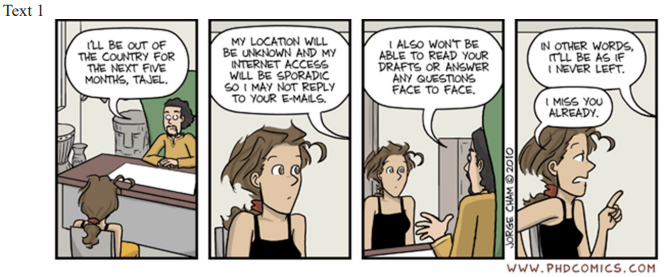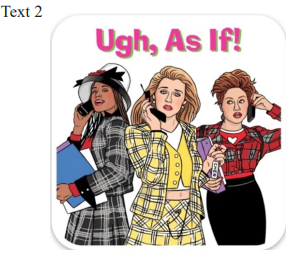Questões de Concurso
Para educação
Foram encontradas 99.734 questões
Resolva questões gratuitamente!
Junte-se a mais de 4 milhões de concurseiros!
Literacy involves having the wherewithal to base one’s interpretive and creative decisions on one’s personal purposes, one’s understanding of the medium one is working with, and the conditions of possibility of reception, acceptance, or rejection by others. The importance of the medium translates into a number of pedagogical goals for language and literacy education:
• To develop learners’ ability to reflect on relationships between language forms and their material contexts.
• To make learners aware of how those relationships change over time and through different mediums and different cultures of reading (i.e., to make learners aware of the historical precedents that have helped shape the communication technologies they use).
• To develop learners’ ability to analyze mediums to identify their ideological (or commercial) underpinnings, and to be aware of how mediums can be used to manipulate consumers and citizens, and to resist such manipulation. To accomplish these goals, teachers should engage learners with questions about how the new media born of the digital age relate to ‘old’ media, and perhaps even ancient media, to allow them to discover what aspects of literacy have remained relatively constant, which have changed, and what the significance of those changes might be.
KERN, Richard. Language, literacy, and technology. Cambridge University Press, 2019.
Based on the text, which of the following best describes the pedagogical goals for language and literacy education in the context of media?
Introductory classroom Young EFL learners in an English language school. Teacher starts the class asking a strong learner, ‘Enzo, how are you?’ The learner responds, ‘Fine, how are you?’. The teacher continues, asking different learners, who respond in turn: Teacher: Sophia, how are you? Student: Fine, how are you? Teacher: Francisco, how are you? Student: Fine, how are you? Teacher: Valentina, how are you? Student: Fine, how are you? If a learner struggles to produce the response, the teacher demonstrates the correct utterance by first mouthing the syllables and then saying them aloud if necessary. The teacher corrects pronunciation, particularly emphasizing the /h/ sound in ‘how’ by breathing on her/his hand as if using a mirror, and drills the prompts with the students. The activity continues until every learner has been asked and has provided the correct response.
In Avaliação da aprendizagem de línguas e os multiletramentos, Duboc (2015) states that the emergence of new literacies in the post-typographical society is closely related to a new understanding of subject, language and meaning making processes. Regarding knowledge construction in both moments discussed by the author, it is correct to say that:

Fonte: Disponível em: https://phdcomics.com/comics.php?f=1374.Acesso em: 30 ago. 2024.

Fonte: Disponível em: https://worldofmirth.com/products/ ugh-as-if-clueless-vinyl-sticker. Acesso em: 30 ago. 2024.
How does the semantic use of ‘as if’ in the final panel of the comic strip in Text 1 contrast with its application in Text 2?